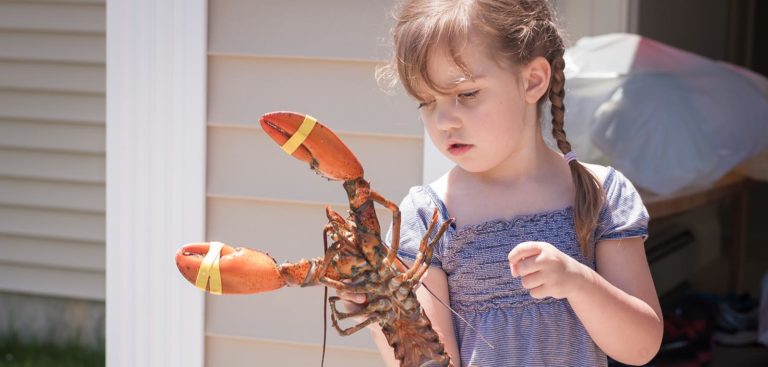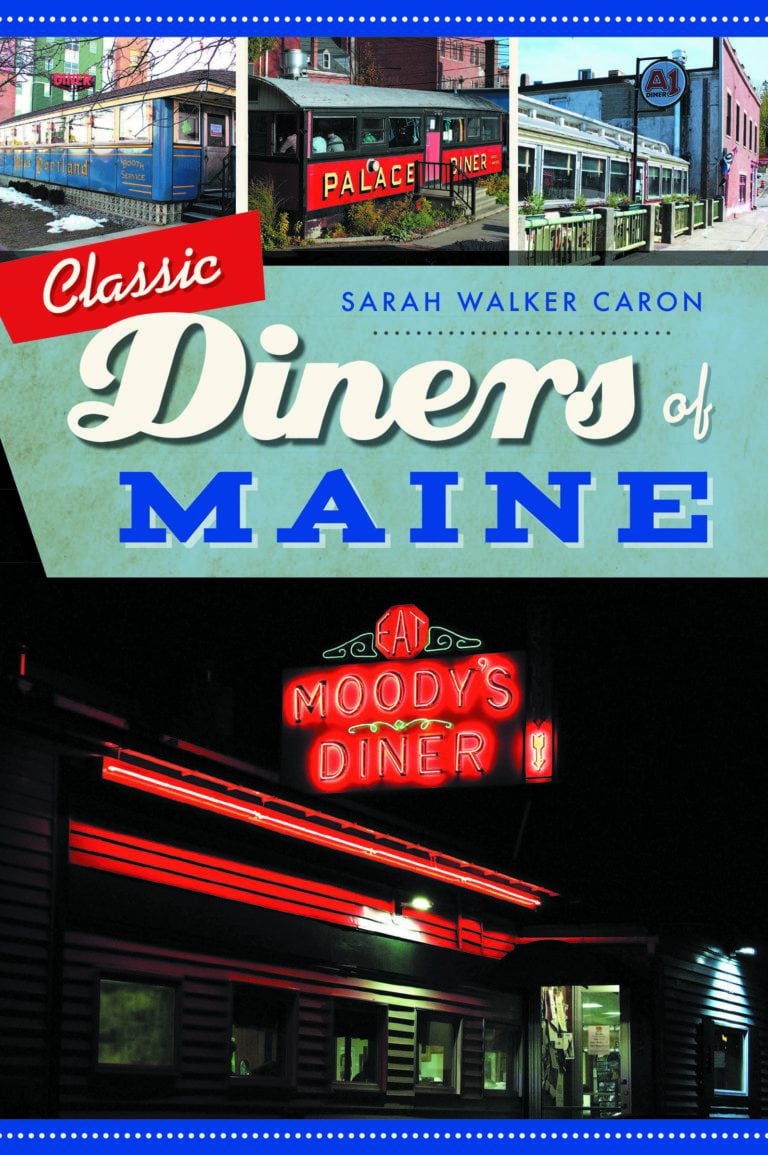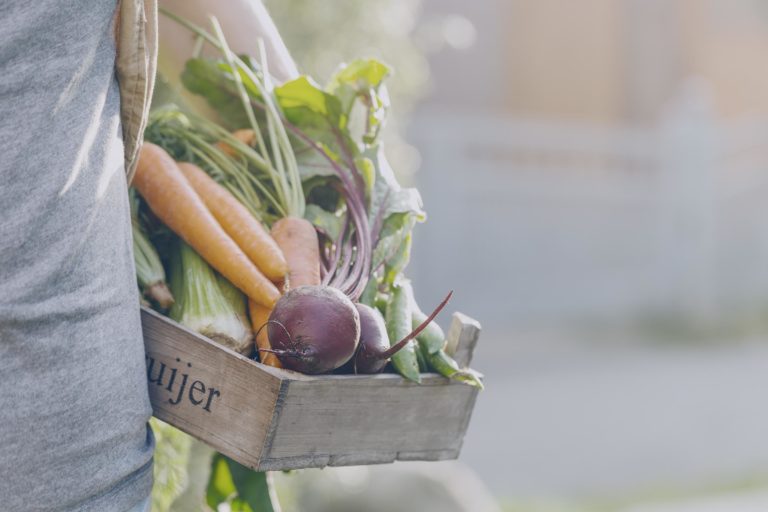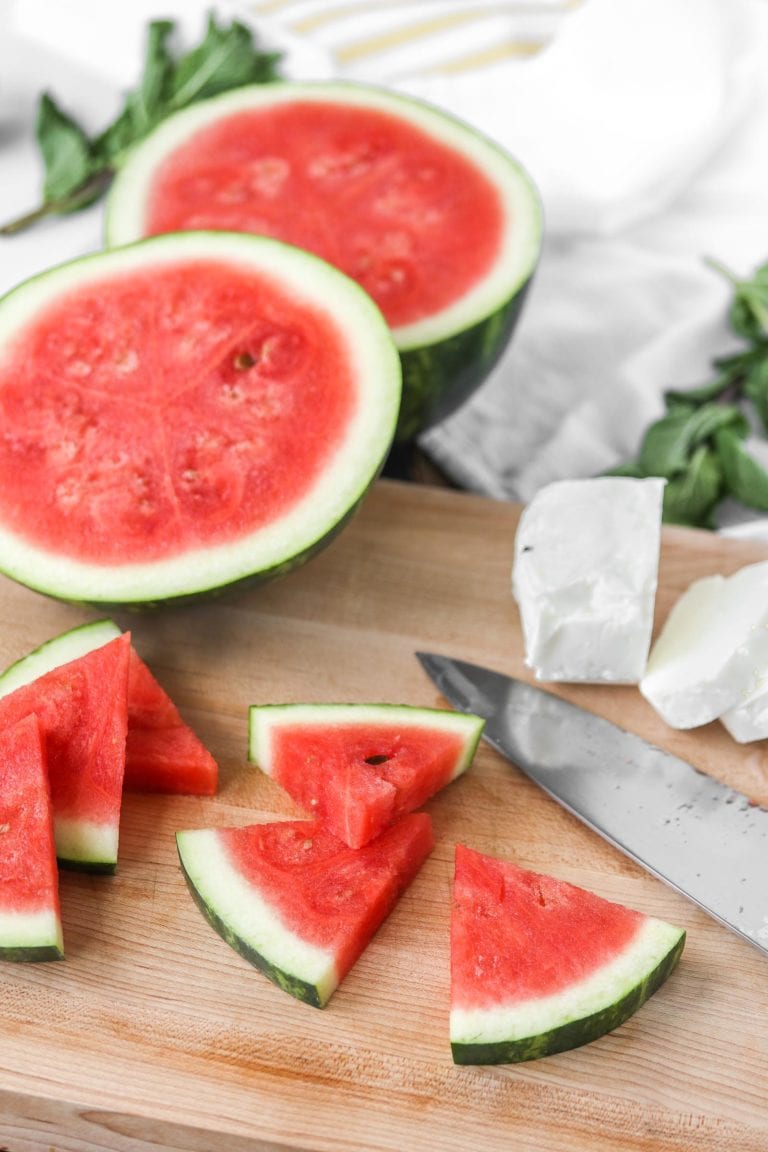When you imagine a library, chances are you envision long rows of books, with stacks reaching up to the ceiling and down to the floor. It’s a rich space where you can immerse yourself in any story and borrow titles to your heart’s content—but it’s all books. That is no longer the case at Curtis Memorial Library in Brunswick.
“There is a huge section of shelves that is dedicated to the Library of Things,” explains Kelly McElligott, adult services and technology manager at Curtis Memorial Library. “So there could be a bag of knitting needles or a kitchen scale sitting on the shelf. You bring it to the checkout desk, and they will check it out. We also have an entire catalog you can search online and a whole basement full of oversized things.”
Curtis Memorial’s Library of Things started when the community began donating items other than books.
“They would be like, ‘I have this rice cooker; do you have a need for it?’” explains McElligott. “And so that got [former librarian Hazel Onsrud] thinking: Wouldn’t it be great to be able to lend this stuff out?”
Libraries of things have existed since the early 20th century but did not become commonplace features of loaning systems until recent years. In Maine, Curtis Memorial leads the charge with a robust catalog and infrastructure. Other libraries throughout the state have also begun lending programs that help borrowers find the object they need—whether a garden tool, a kitchen implement, a yard game, or even a lawn mower.
McElligott points out that the items being borrowed from the Library of Things are often items that people would otherwise purchase and only use once, either in a moment of kitchen ambition or because a project is highly seasonal.
“If it’s just a flash-in-the-pan cooking idea, then somebody else can utilize it, versus it going into the landfill, going to the dump, or having no purpose,” McElligott says. “We’re taking things that people are donating; we are not buying things.”
Items from the Library of Things can be borrowed using a regular library card, which is free to residents of Brunswick and Harpswell and has a small fee for non-residents. Patrons can find a canner, a spiralizer, an ice cream maker, a bread machine, a Kitchen-Aid mixer, a single electric burner, items for fermenting, garden tools, and much more. Now, Curtis Memorial is even offering classes for fermenting, canning, knitting, and more, where students can borrow the items used in the class to try their new skills at home.
The Library of Things at Curtis Memorial and other libraries around Maine and the country show innovation in the familiar borrowing model. Still, they fundamentally speak to the founding principle of a library: community. Community members donate items to help other community members out when they’re in a pinch. And as McElligott points out, borrowing helps people be more sustainable. By sharing tools and knowledge, the Library of Things transforms the simple act of borrowing into a move toward a more thoughtful and waste-conscious community and future.














